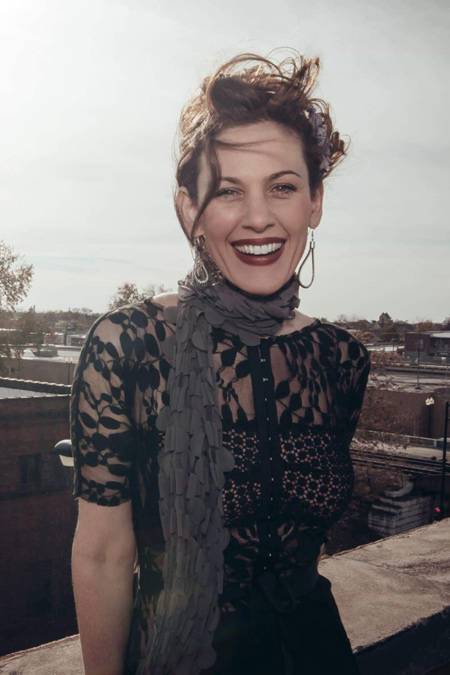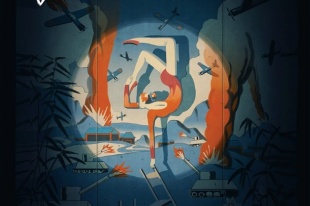Creating hope in a wartime city


"That's a metaphor for how we build meaning from whatever we have at our disposal and how we create art. It's a homage to the ways in which the Jewish refugees created art, literature and music. They didn't have that many resources, but they used what they had to make beauty."
To promote Someday We Will Fly in China, DeWoskin appeared in Beijing at the Bookworm and in Shanghai at M on the Bund earlier this month.
While this novel, DeWoskin's sixth book, presents her first focus on Shanghai's Jewish community, its setting in China continues her long relationship with the country, which she first visited as a young child with her father, a renowned Sinologist.
"I wouldn't have the same understanding of the world or my own life if I hadn't been traveling to China," DeWoskin says.
The author has dedicated her new novel to Shanghai for being a place for people escaping desperate situations and mortal danger.
DeWoskin describes this as an example of a country getting it right during World War II "when no one else did".
"There are diverging analyses of why the Jewish refugees were permitted to land in Shanghai," she continues, "but the fact remains: no one else let those refugees in".
"The outcome was heroic-survival for thousands of people who would otherwise have been lost. I hope people will take from the novel a way to imagine how human beings save each other and ourselves by creating havens, by letting families land safely when they're fleeing violence and terror in their home countries," she adds.





































